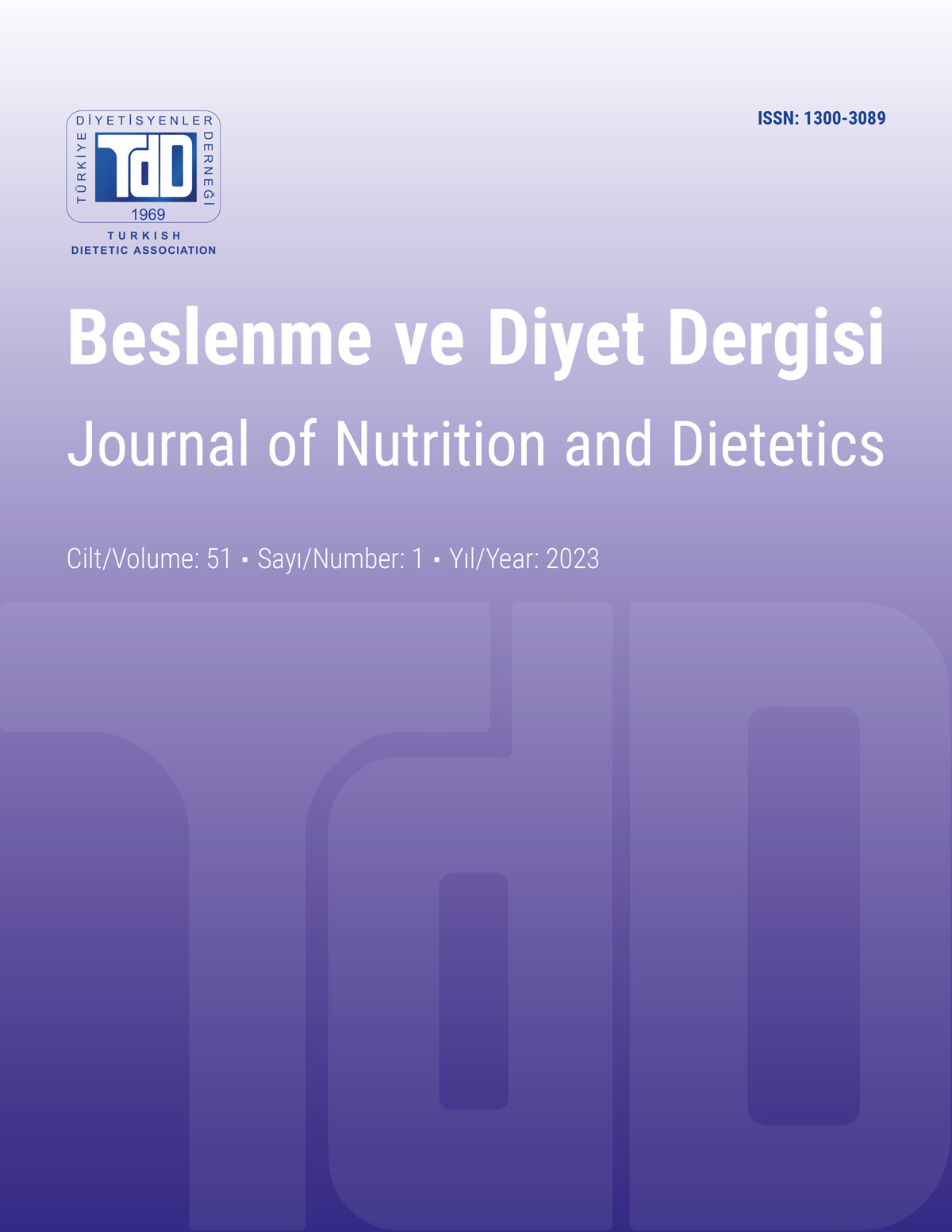Can Food Emulsifiers be a Risk for Inflammatory Bowel Disease?
DOI:
https://doi.org/10.33076/2023.BDD.1694Keywords:
Food emulsifiers, inflammatory bowel disease, intestinal inflammation, microbiotaAbstract
Inflammatory bowel diseases are chronic inflammatory diseases whose prevalence has increased in the last decade, the pathogenesis of which has not yet been determined. It is thought that the prevalence is increasing in relation to the increase in Western-style diet, especially in developing countries. While the Western-style diet contains high amounts of protein, saturated fat, sugar, ultra-processed foods and food additives, it includes low consumption of vegetables, fruits and fibre. It has been reported that food additives such as emulsifiers and thickeners may have adverse health effects by disrupting the intestinal mucosal barrier function, changing the functional characteristics of the intestinal microbiota and causing mucosal inflammation. It has been reported that the removal of emulsifiers from the diet in patients with inflammatory bowel disease may positively affect the course of the disease. In this review article, the mechanism of the effects of food emulsifiers on intestinal health and their role in inflammatory bowel diseases were examined.

